These wooden lego-like blocks by Gablok let you easily construct a house in just days. (Follow Tech That Matters for more.)


These wooden lego-like blocks by Gablok let you easily construct a house in just days. (Follow Tech That Matters for more.)

The masks are slipping. Police move in on Adamson’s BBQ. blocking access and changing locks to the building, according to CP24, which seems to have been given an exclusive on the story…
Mayor John Tory says the locks have been changed at Adamson Barbecue in Etobicoke on Thursday after the restaurant, for two days straight, defied the province’s lockdown orders that forbid indoor dining.
“I’ve spoken to the police chief this morning … and they have a plan. He’s informed me the locks have been changed on the building … and there’s going to be a police presence there also … it is going to be closed today, you can be sure of that,” Tory tells Breakfast Television.
Police and city staff arrived at the establishment around 6 a.m. with locksmiths in tow to change the locks.
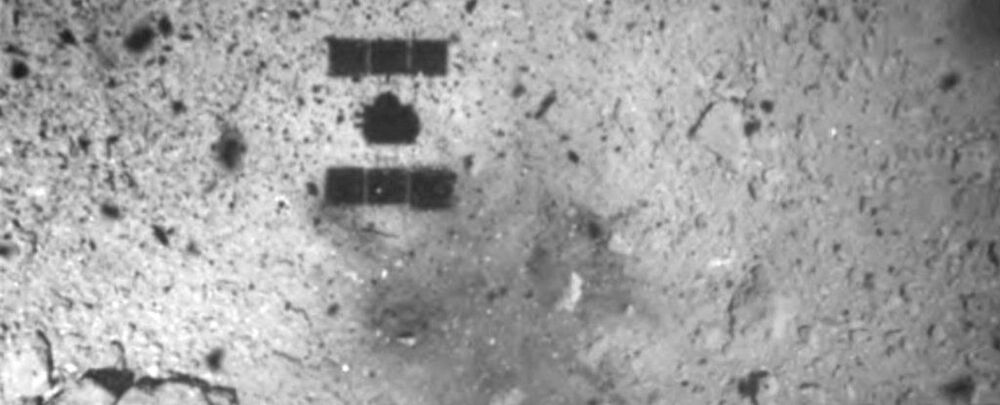
In the dusty desert town of Woomera, in the South Australian desert, scientists are getting ready. On 6 December 2020, after six years in space, the Japan Aerospace Exploration Agency’s Hayabusa2 spacecraft will finally return to Earth.
It carries with it a cargo unbelievably rare, precious, and hard-won — at least 100 milligrams of material collected from the surface of asteroid Ryugu. It will drop the capsule containing the sample to Earth, the spacecraft itself continuing on to visit more asteroid targets.
Hayabusa2’s return will mark a milestone in a remarkable feat of space science, a total journey of around 5.24 billion kilometres (almost 3.3 billion miles). Asteroid Ryugu — formerly known as 1999 JU3 — is on an elliptical orbit that carries it just inside Earth’s orbital path around the Sun, and out almost as far as Mars’ orbit.

As an open-source developer, the question I hear the most is “why would you want to give that away for free.?”
In the field of AI, there are many reasons why opensource is key. First, the code for building models does not give away any competitive advantage because the value comes from models+your own data. Second, it lets the whole world help you find and correct mistakes. Imagine building a house where every architect in the world can contribute one tiny idea. But more importantly, AI is a really hard problem to solve.
The problems in the field cannot be solved by any one individual or group.

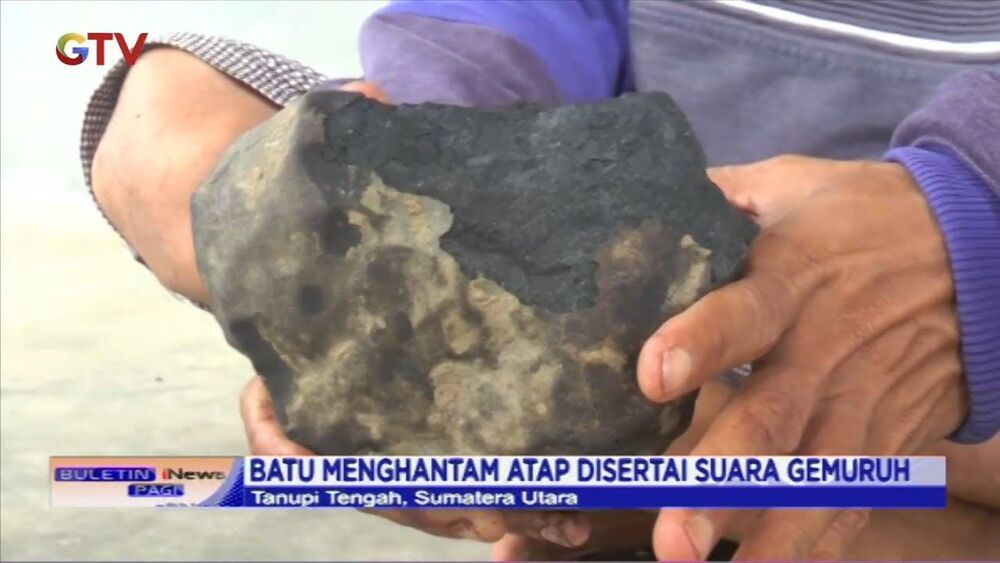
Is this a case where money falls from the heavens!
This may start a craze where people chase after meteors! 😃
A rock from outer space landing on your property and resulting in millions in your bank account sounds more unlikely that a lottery win, but one lucky man has found himself in the fortunate position.
Josua Hutagalung is a 33-year-old coffin maker based in Kolang, North Sumatra, Indonesia, who has become a millionaire overnight. A meteorite came crashing into his garden at the beginning of August and he later had to dig it out as it had been lodged in 5.9 inches.
Hutagalung was clearly lucky that his house wasn’t hit by this incredibly fast-moving rock. However, his luck continued when the meteorite was valued.

Amazon is entering the pharmacy business with a new offering called Amazon Pharmacy, allowing customers in the United States to order prescription medications for home delivery, including free delivery for Amazon Prime members.
Amazon has been quietly building out its pharmacy offering for several years after ramping up internal discussions in 2017 and acquiring PillPack in 2018. The pharmacy space is notoriously complex and competitive in the U.S., and Amazon Pharmacy is built in part on PillPack’s infrastructure, including its pharmacy software, fulfillment centers and relationships with health plans.
Amazon Pharmacy, announced Tuesday, is the company’s biggest push yet into $300 billion market, and threatens the dominance of traditional pharmacies like CVS and Walgreens, as well as other large retailers that offer pharmacy services, including Walmart.
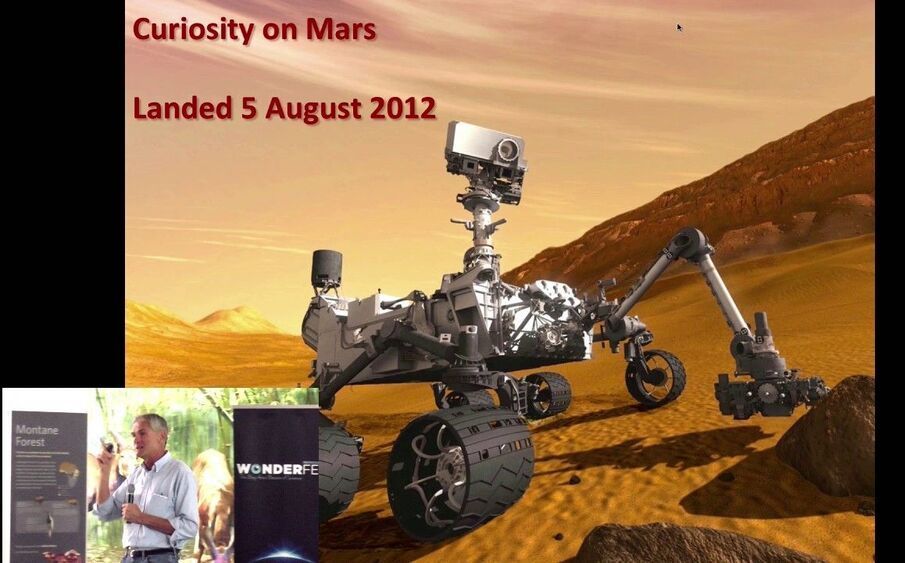
The idea of terraforming Mars is a fascinating idea. … But just how long would such an endeavor take, what would it cost us, and is it really an effective use of our time and energy?
Ultimately, Yakovlev thinks that space biospheres could also be accomplished within a reasonable timeframe – i.e. between 2030 and 2050 – which is simply not possible with terraforming. Citing the growing presence and power of the commercial space sector, Yakovlev also believed a lot of the infrastructure that is necessary is already in place (or under development).
“After we overcome the inertia of thinking +20 years, the experimental biosphere (like the settlement in Antarctica with watches), in 50 years the first generation of children born in the Cosmos will grow and the Earth will decrease, because it will enter the legends as a whole… As a result, terraforming will be canceled. And the subsequent conference will open the way for real exploration of the Cosmos. I’m proud to be on the same planet as Elon Reeve Musk. His missiles will be useful to lift designs for the first biosphere from the lunar factories. This is a close and direct way to conquer the Cosmos.”
With NASA scientists and entrepreneurs like Elon Musk looking to colonize Mars in the near future, and other commercial aerospace companies developing LEO, the size and shape of humanity’s future in space is difficult to predict. Perhaps we will jointly decide on a path that takes us to the Moon, Mars, and beyond. Perhaps we will see our best efforts directed into near-Earth space.
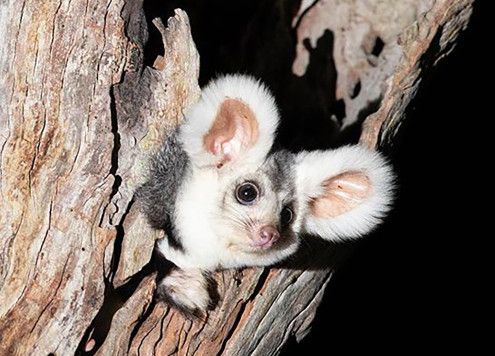
Australian researchers have identified two new mammals in the Land Down Under — both cousins of the doe-eyed flying marsupials known as greater gliders, according to a report.
A study published in Nature’s Scientific Reports journal found two new distinct and smaller species of gliders in northern and central Australia, outside of the marsupial’s known habitat in the country’s southern end, the Sydney Morning Herald reported.
“Australia’s biodiversity just got a lot richer,” Andrew Krockenberger, a professor at James Cook University and a co-author of the study, told the outlet. “It’s not every day that new mammals are confirmed, let alone two new mammals.”
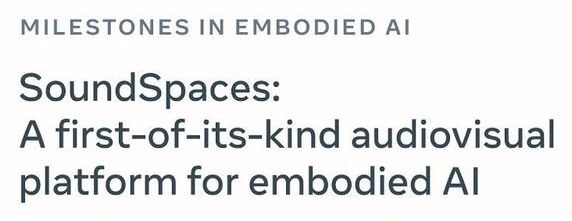
If Facebook’s AI research objectives are successful, it may not be long before home assistants take on a whole new range of capabilities. Last week the company announced new work focused on advancing what it calls “embodied AI”: basically, a smart robot that will be able to move around your house to help you remember things, find things, and maybe even do things.
Robots That Hear, Home Assistants That See
In Facebook’s blog post about audio-visual navigation for embodied AI, the authors point out that most of today’s robots are “deaf”; they move through spaces based purely on visual perception. The company’s new research aims to train AI using both visual and audio data, letting smart robots detect and follow objects that make noise as well as use sounds to understand a physical space.